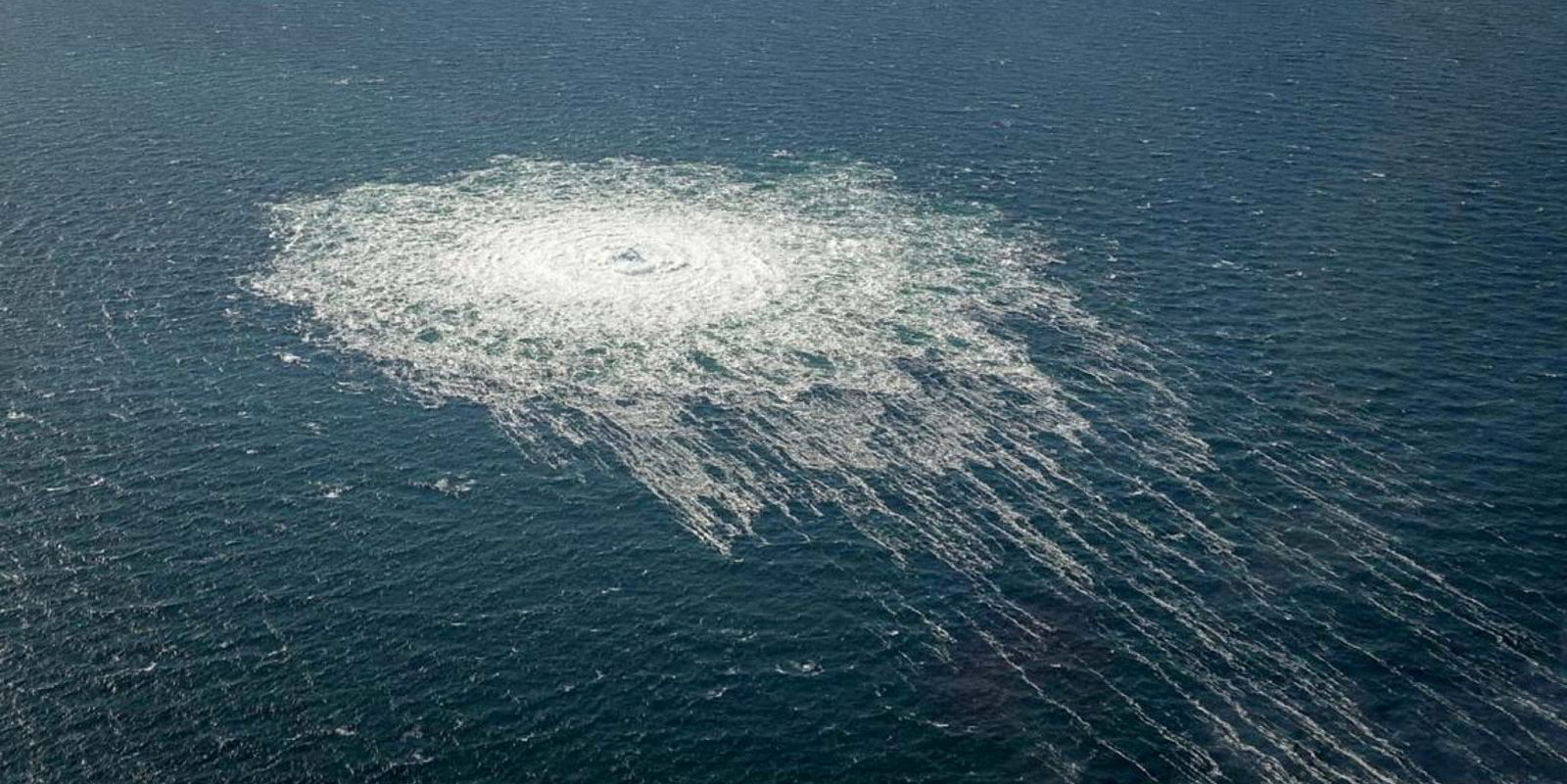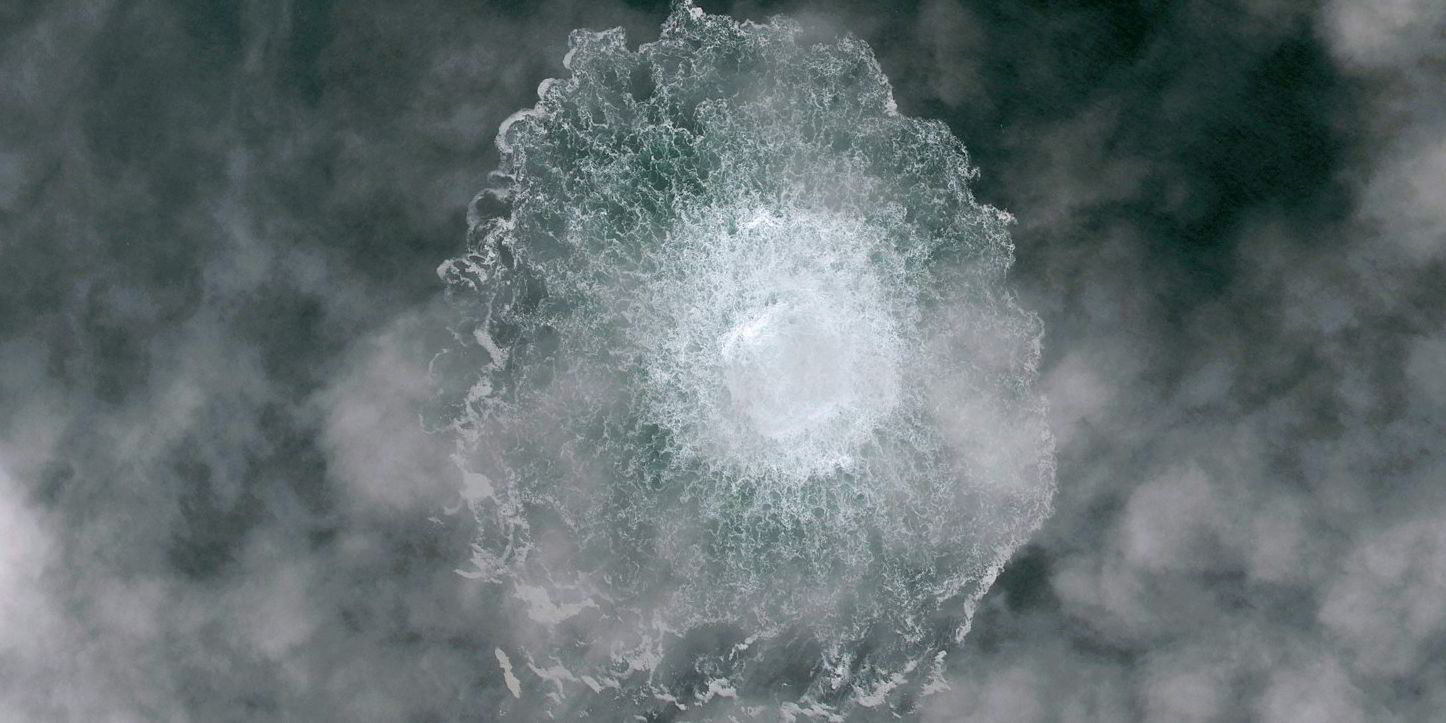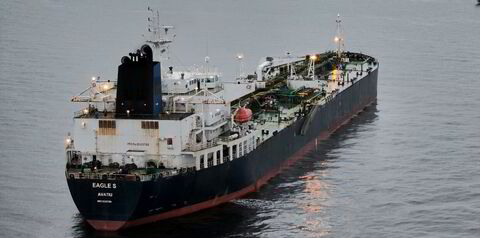A higher state of alert after Russia’s invasion of Ukraine is prompting the European Union to rethink its maritime defences.
The EU on unveiled on Friday new strategy papers with long-term plans to increase coastguard patrols, naval exercises and deepen its cooperation with NATO to “uphold the rules-based order at sea”.
“The 2022 attacks on the Nord Stream pipelines in the Baltic Sea, the presence of unauthorised unmanned vehicles around offshore installations in the North Sea and the recurrent hybrid and cyber-attacks targeting maritime infrastructure require the EU to bolster its action and protect its critical infrastructure more effectively,” the European Commission said in the strategy paper.
The incidents described above partly relate to Dutch intelligence reports last month, according to which Russia has tried to gain intelligence to sabotage infrastructure in the North Sea.
In the case of the Nord Stream sabotage in September, however, initial theories blaming Russia have been quietly dropped for new scenarios attributing the attack to a secret US government operation or a freelance “pro-Ukrainian” group sailing on a yacht in the Baltic Sea.
The governments of Russia, the US and Ukraine have all denied any involvement in the sabotage of Nord Stream 2, an underwater natural gas pipeline that jointly belongs to Russia and Germany.
Risks such as these are complemented by traditional threats such as terrorism, piracy, armed robbery at sea, smuggling of migrants, and trafficking of humans, arms and narcotics, the EU said.
All this serves as “a forceful reminder that the EU needs to enhance its security and step up its capacity to act not only on its own territory and its own waters, but also in its neighbourhood and beyond,” the commission said.




